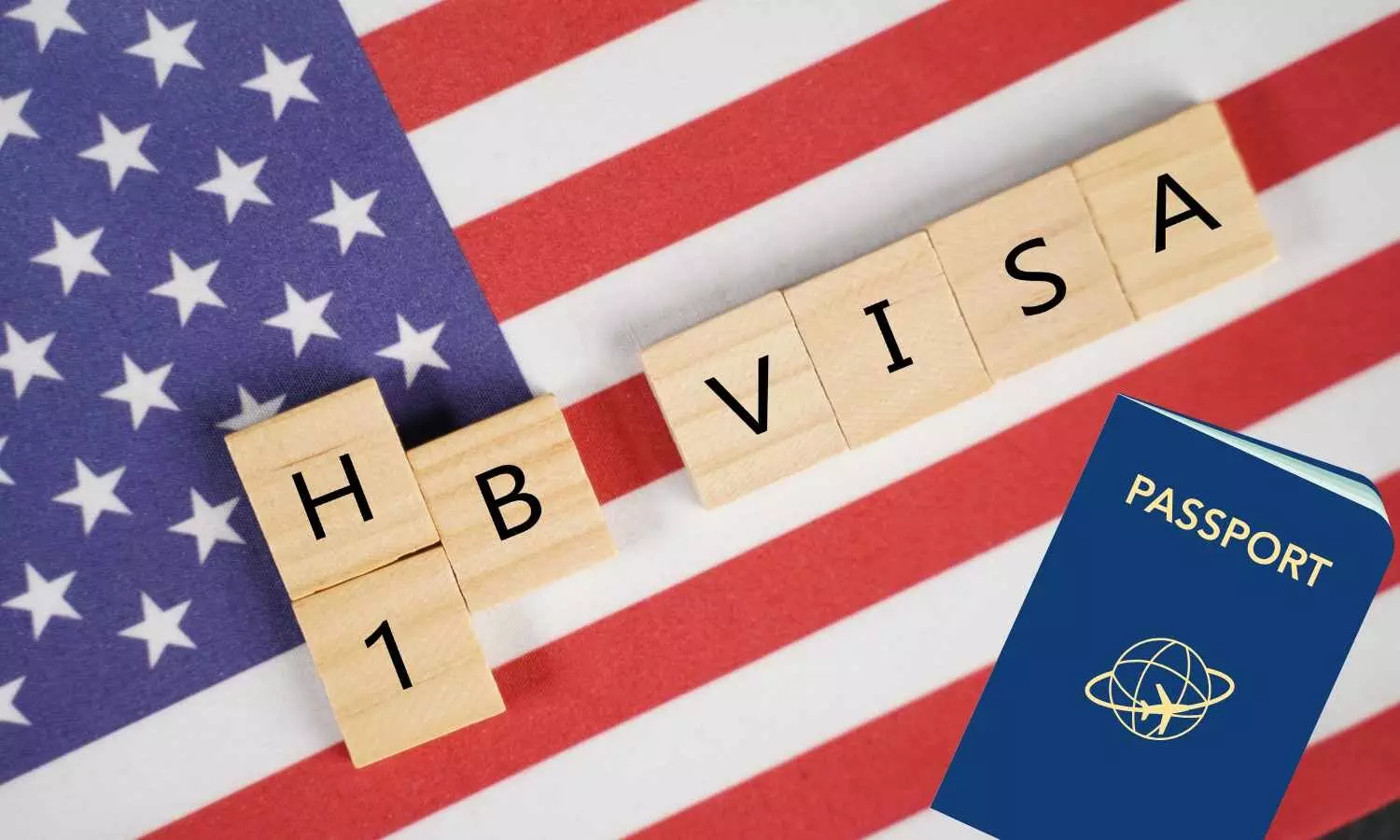Hard work pays off? This Indian IT firm tops H-1B visa approvals
USCIS information showed that from 2024, Indian-based tech companies obtained 1/5 of the H-1B Visas granted by the US
Hard work pays off? This Indian IT firm tops H-1B visa approvals

Indian IT companies in 2024 were able to secure one-fifth of all Visas for H-1Bissued through The United States, according to figures released from USCIS. As of 2024, Amazon under Jeff Bezos' ownership remained the most frequently approved beneficiary for H-1B visa approvals.
The non-immigrant H-1B visa program allows temporary employment for foreign workers with qualifications within the United States.
From April to September of last year, nearly 24766 out of 130,000 H-1B visas were issued to Indian-based companies According to USCIS figures.
Which I-T company has the most shares in this? Was it Infosys? Who was TCS before it acquired Wipro, Tech Mahindra or Cognizant?
Based on USCIS information, Narayana Murthy and Infosys earned 8140 H-1B visas during 2024 alone. This was the most H-1B visas an Indian I-T company has received in the past year. Infosys came in second place after Amazon at the end of 2024.
Infosys has been followed Tata Consultancy Services (TCS) 5,274 visas. HCL America 2953 Wipro with 1,634 visas Tech Mahindra, which has 1,199 visas.
The Top Companies with the Most H-1B visa approvals by 2024
- Google – 5,364 approvals
- Cognizant – 6,321 approvals
- Infosys – 8,140 approvals
- Microsoft – 4,725 approvals
- TCS – 5,274 approvals
- Meta Platforms – 4,844 approvals
- Amazon – 9,265 approvals
Trump Govt Makes Changes to H-1B visa
The Donald Trump administration is implementing changes to the H-1B visa program that could end up changing the way IT companies hire highly skilled foreign workers.
Since March 20, US Citizenship and Immigration Services (USCIS) launched a new system created to be more efficient and transparent.
The reforms include the removal of H-1B documents that are older than five years from the Foreign Labor Access Gateway (FLAG) system, and wiping out all temporary labor condition applications.
The cost of registration has gone up from $10 to $215.

